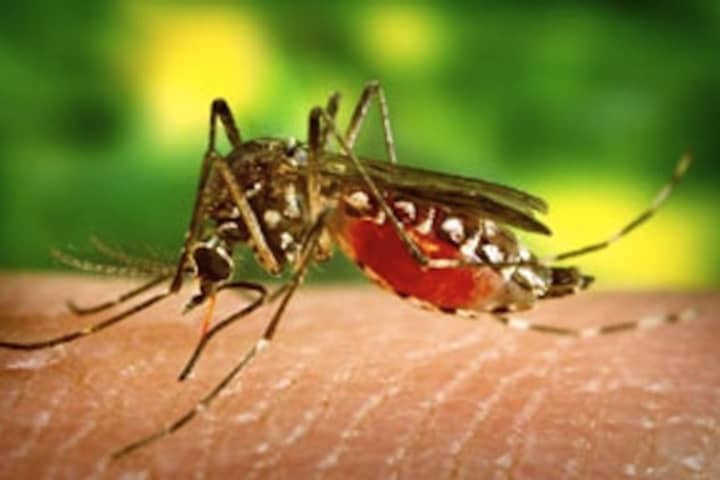The virus was found in a batch of mosquitoes taken from a trap in Old Greenwich close to the Eastern Civic Center, said Dr. Philip Armstrong of the Center for Vector Biology & Zoonotic Diseases at the Connecticut Agricultural Experiment Station in New Haven.
“This is really the peak time of year. It goes until the first hard frost in September or October,” Armstrong said of the infected mosquitoes. “Greenwich is really a focal area. It is important to point out that these mosquitoes don’t respect town boundaries.”
Greenwich is home to three of the 91 mosquito traps in the state. Another mosquito carrying the West Nile virus was discovered July 28 in Stamford in a trap at Cove Island Park near the Darien border.
The mosquito that is the prime carrier of the West Nile Virus, the northern house mosquito, is a domesticated one that is primarily located in urban and suburban areas, he said. Although it’s found in water areas such as catch basins, the mosquito also thrives in hot and dry weather, Armstrong said.
“When it rains it tends to wash away (the catch basins),” he said.
Greenwich’s director of health is urging residents to take precautions.
“The finding of WNV positive mosquitoes in Greenwich marks the time to emphasize that personal protection measures are extremely important against biting mosquitoes during the day and at night,” Caroline Calderone Baisley said in a press release.
Residents are urged to cover up with long sleeves and pants and to limit activities at dawn and dusk when the mosquitoes are more prevalent.
Greenwich has a larviciding program in place, which includes the treatment of public and private roadway catch basins, public school ground catch basins and other property owned and operated by the town, to tackle the mosquito population.
No human cases of West Nile have been reported in Connecticut this season, according to the state.
Because of the discovery, the three traps in Greenwich will be checked twice per week instead of once per week, Armstrong said. The other traps are located on Lake Avenue and the Mianus River State Park.
The West Nile virus is spread to humans by the bite of an infected mosquito. Symptoms occur five to 15 days after the bite and can include fever, headache, rash, swollen lymph nodes, nausea, malaise and eye pain. Severe cases can cause severe headache, high fever, stiff neck, disorientation, severe muscle weakness, gastrointestinal symptoms, coma or death.
Click here to follow Daily Voice New Canaan and receive free news updates.


